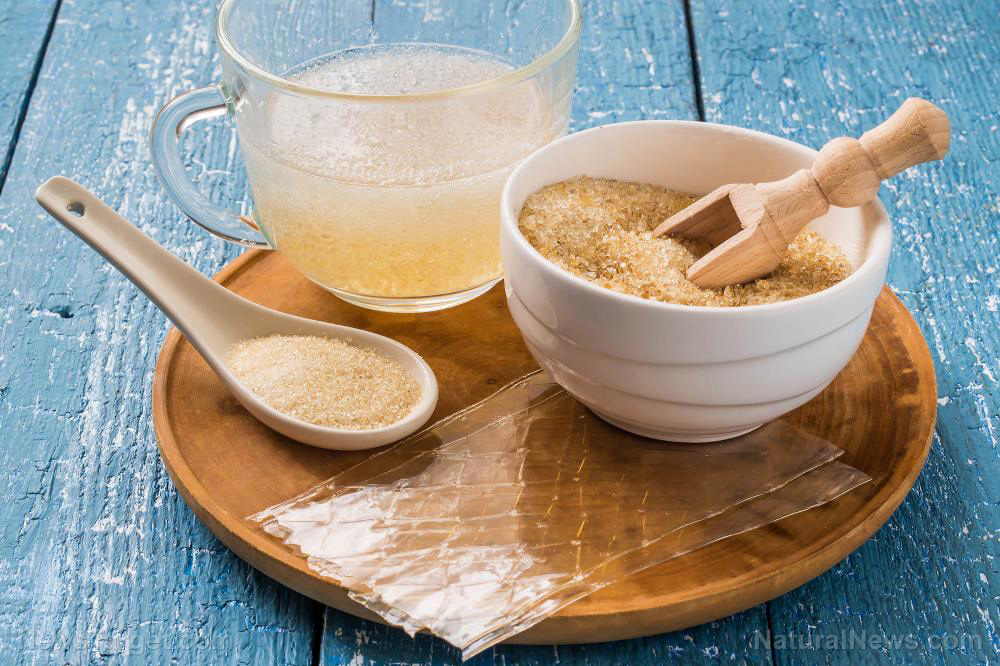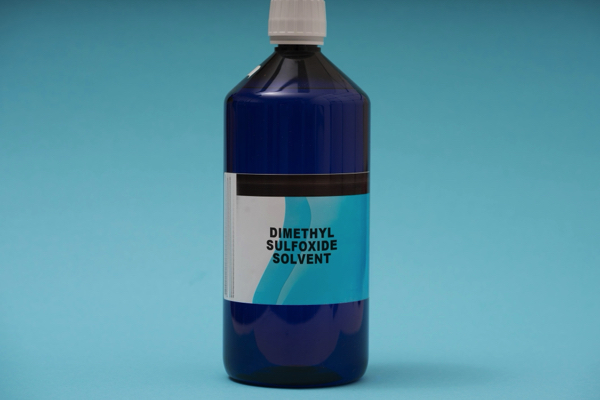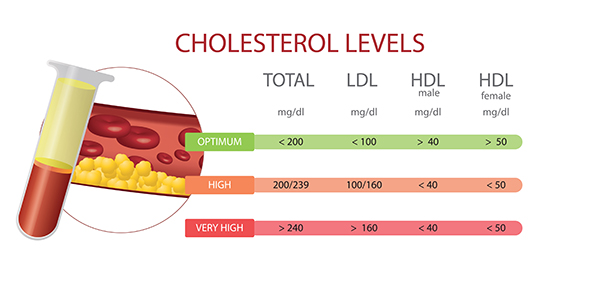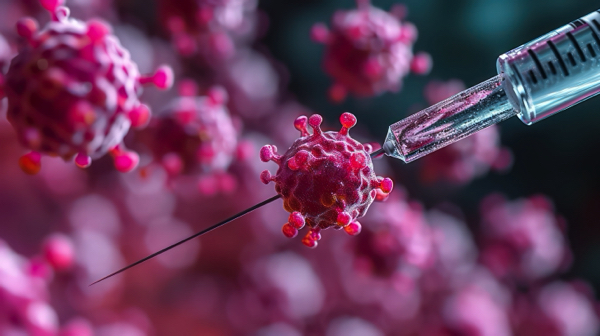Unveiling the collagen connection: Morning habits backed by science for younger-looking skin
07/25/2025 / By Willow Tohi

- Vitamin C boosts collagen production and reduces wrinkles.
- Facial massage increases blood flow, stimulating collagen synthesis.
- Daily collagen supplements improve skin elasticity and hydration.
- Hydration and nutrient-rich diets support natural collagen processes.
- Scientific studies validate morning skincare rituals for youthful skin.
Collagen, the protein responsible for skin strength and elasticity, naturally declines with age, leading to wrinkles and sagging. As anti-aging skincare evolves, researchers and dermatologists increasingly highlight morning routines — such as vitamin C application, facial massage and collagen supplementation — as strategies to counter this decline. Recent studies underscore these habits’ efficacy, with clinical data showing vitamin C enhances collagen synthesis and facial massage improves blood flow, while collagen supplements visibly reduce fine lines. These findings matter today as the aging population grows and consumers seek evidence-based, non-invasive solutions.
The vitamin C imperative: A two-fold approach to collagen support
Vitamin C is pivotal for collagen production, a fact underscored by a 2020 study published in Skin Pharmacology and Physiology, which found the antioxidant promotes fibroblast activity, the cells responsible for collagen. Topical application of vitamin C serums (preferably in the morning paired with sunscreen) stabilizes existing collagen and combats UV-induced breakdown. Dietary intake or supplements also play a role: consuming 3,000-5,000 mg daily with bioflavonoids — compounds that strengthen capillaries and enhance vitamin C absorption — can significantly boost collagen levels over time. The synergy between topical and ingestible vitamin C aligns with dermatologist recommendations, emphasizing consistency and duration for visible results.
The case for morning facial massage: Blood flow and structural rejuvenation
Regular face massage does more than relax — it activates collagen pathways. A 2023 study in Journal of Cosmetic Dermatology revealed that even a five-minute daily massage increases cheek blood flow by up to 27 percent, delivering oxygen and nutrients critical for cell repair. Over five weeks, participants experienced a sevenfold improvement in vascular response to heat, signaling enhanced long-term skin health. As detailed in a 2021 trial, facial massage also encourages lymphatic drainage, reducing puffiness, while gentle kneading mimics “manual stimulation” typically achieved through expensive treatments. Dermatologists recommend integrating massage into morning routines using cleansing oils or rollers for no added time cost.
The collagen surge: Science behind supplement efficacy
Clinical trials validate collagen supplements as anti-aging tools. A double-blind 2022 study in Journal of Medical Nutrition & Nutraceuticals found participants taking hydrolyzed collagen peptides over 8 weeks exhibited a 20% increase in skin elasticity and sevenfold higher moisture retention than placebo groups. The mechanism? Collagen peptides stimulates fibroblasts to restore natural collagen levels, a process amplified by compounds like hyaluronic acid. This synergy explains why dermatologists suggest adding supplements to morning coffee or smoothies — a low-effort yet impactful habit.
The shift from treatments to prevention
The focus on morning collagen-boosting habits reflects a broader shift in skincare philosophy, from corrective procedures to preventative science. “Decades ago, anti-aging relied on harsh chemicals or surgery,” notes Dr. Joshua Zeichner, a dermatology professor at Mount Sinai Hospital. “Today, research-driven routines leverage biology to maintain skin’s own health.” This movement is fueled partly by demographics: a 2024 report estimates 26 percent of the global population will be over 60 by 2050, driving demand for accessible aging solutions. Additionally, advancements in bioactive supplement formulation have made ingestible collagen both affordable and bioavailable, bridging the gap between holistic health and skincare.
Small habits, lasting impact
The evidence is clear: daily practices like facial massage, vitamin C application and collagen supplements create visible, durable improvements by leveraging the body’s innate collagen processes. As Professor Naoko Morimoto, co-author of the facial massage study, stated, “Even short rituals add up, thanks to their effects on both structure and circulation.” These routines exemplify the future of skincare — a personalized, science-forward approach that marries ancient traditions with modern research. For those seeking results without the red carpet, the message is simple: start small, stay consistent and let biology do the rest.
Sources for this article include:
Submit a correction >>
Tagged Under:
aging secrets, anti-aging, bioflavonoids, collagen, Cosmetics, facial massage, health science, healthy skin, men's health, natural health, natural medicine, natural remedies, Naturopathy, nutrients, skin care, skin elasticity, skin health, supplements, tips, vitamin C, women's health, wrinkles
This article may contain statements that reflect the opinion of the author





















